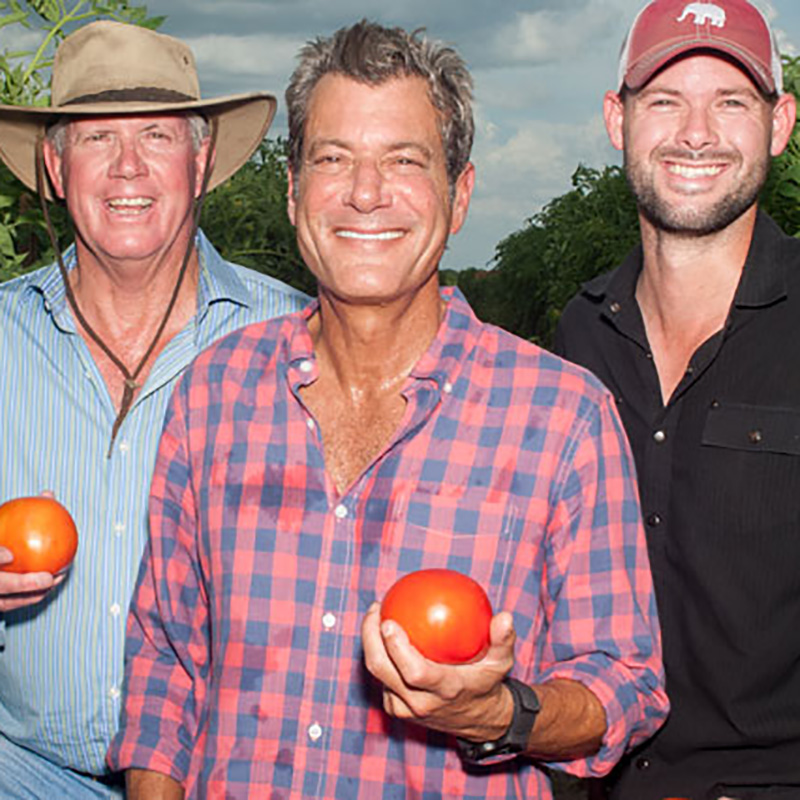[vc_single_image source=”featured_image” img_size=”full”]The history of labor relations is one of brutality and inhumanity. The issues are at once simple and intractible: workers want higher wages and improved working conditions, while employers wanted to keep costs down. Jon Esformes, a former homeless alcoholic and then the head of a major tomato grower, heard the workers’ complaints and sat down for a cup of coffee with the employees’ representatives.
At first, Jon intended only to resolve his employees’ complaints; he was unaware that the agreement they came to would revolutionize the industry and spark a fair trade movement that has transformed the way growers and farm workers do business, leading to documentaries, books and international awareness of the plight of farm workers. Jon viewed the problem from a humanistic perspective, rather than a financial one, in large measure based on the principles learned at Beit T’Shuvah.
Jon Esformes’ personal battle against addiction was hard fought. After over a dozen trips to rehab, Jon checked in to Beit T’Shuvah once again in 2002. Maybe the third time’s a charm, but Jon credits Beit T’Shuvah for something indefinable that resonated within him, that made him keep coming back. “I knew that there was something special going on here. It touched a place in me that was otherwise inaccesible,” Jon relates. His relationship with Rabbi Mark and Harriet, he says, helped him connect his head with his heart.
Jon frequently met with Rabbi Mark, studying the Torah and the great works of Abraham Joshua Heschel, the eminent Jewish theologian. He was encouraged early on to get a job and live in the world. Jon soon started working for a catering company, where he excelled, later hiring other addicts. Eventually, he was invited back into the family’s produce business. He describes the reunion as both an honor and terrifying: “I went in with both feet with Rabbi right next to me,” says Jon. He and Rabbi Mark spoke everyday for years.
Whle running the produce business, including a tomato operation in Florida, Jon was confronted with the plight of the farm workers and their call for liveable wages and better treatment. Feeling as though he had to do something, Jon sat down with the Coalition of Immokalee Workers for that fateful cup of coffee. He realized that they had a lot more in common than he had expected.
Jon signed on to the Fair Food program – an agreement between growers, workers and the country’s largest purchasers – that has helped to transform the agricultural industry and lead to better wages, improved working conditions, and new enforcement mechanisms. “We were not thinking globally, just making sure the people who work for us are being treated fairly – like the holy souls they are.” he says, a nod to the teachings of Heschel.
The Fair Food Program has been called “the best workplace-monitoring program” in the US by the New York Times, and “among the most important social-impact success stories of the past century,” by the Harvard Business Review. All possible because the one-time homeless alcoholic – through diligent study of the Torah with Rabbi Mark – came to believe that we are all holy souls.
The creation of the Fair Food Program is the subject of a new a book titled I Am Not A Tractor.
